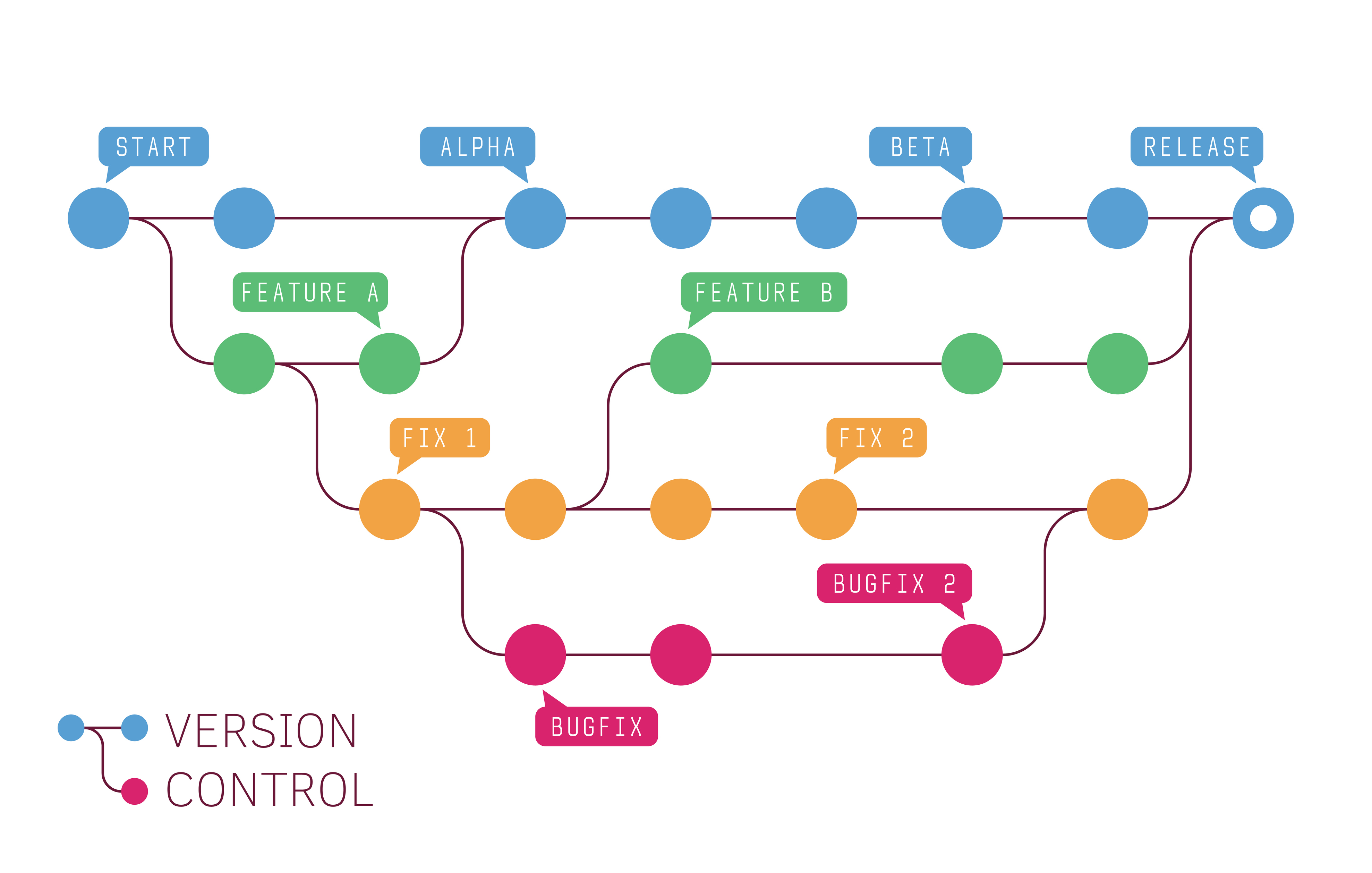
by Clayton J. Barnette
We all have smartphones today. So, scrolling social media sites is a normal part of our everyday life. For most people, this level of internet exposure is enough, but we all know the internet universe is much bigger than the small phone screens on which we scroll.
Where is all the code for these smartphone apps, programs stored and managed? For many, GitHub is part of the answer.
GitHub is a distributed hosting service for software development code with version control. According to the GitHub website, over 106 million users rely on this platform to store the programs, websites and tools they write as source code. Users store their source code files in separate locations that work much like folders. These storage locales are called repositories or “Repos” for short.
GitHub is a distributed hosting service for software development code with version control.
With over 371 million Repos, GitHub is the largest hosted version control service in the world. No matter what type of software, website or smartphone app you use, it most likely derived from a software project stored in a Repo on GitHub or a similar service.
At the heart of GitHub is an open-source command line program tool called Git. It was written by Linux community users and Linus Torvalds, the creator of Linux. Since it was initially released in 2005, Git has matured to be amazingly fast, making it efficient for both large and small projects. GitHub’s advent in 2008 made Git easy to use. Notably, the Git software doesn’t require GitHub use, but only Git can be used on GitHub.